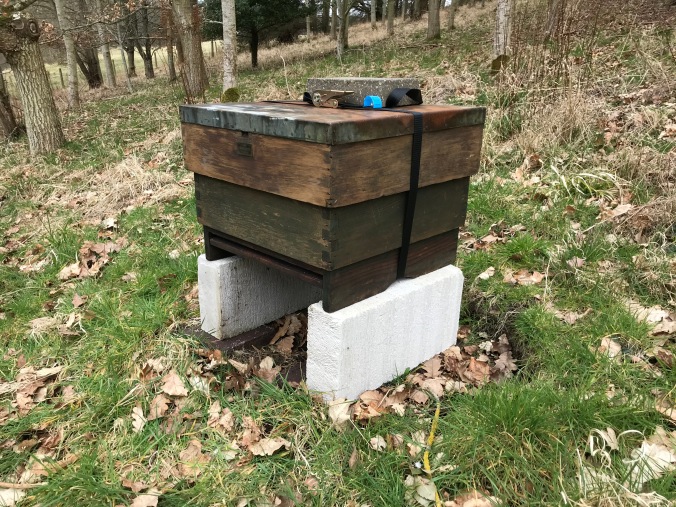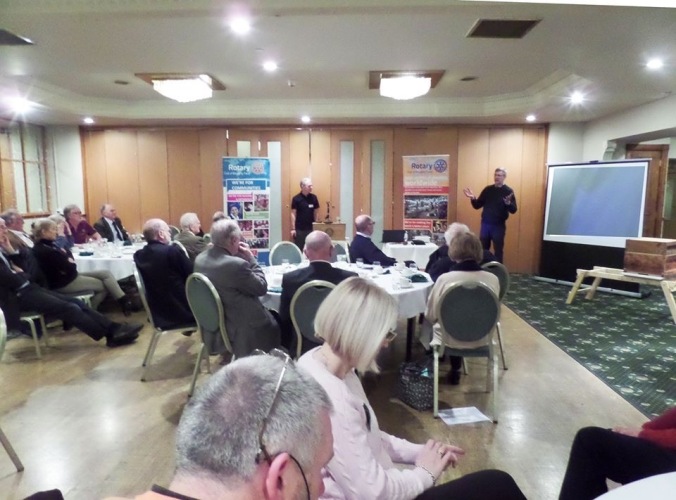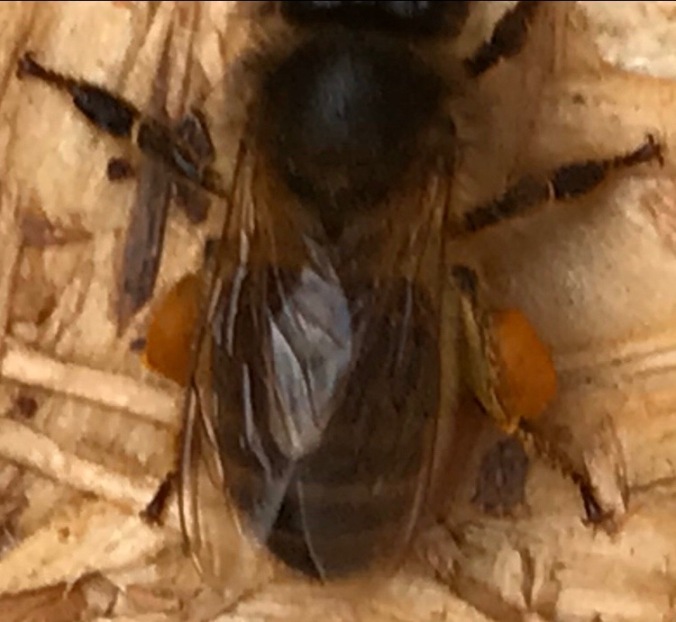
Covid-19
The coronavirus global pandemic is devastating. Many lives have been lost. My heartfelt wishes go out to all the families that have been affected by it.
For beekeepers here in the UK a joint statement was issued by Defra/Scottish Government/Welsh Government on 25th March 2020. It informs us that honeybees should be considered as livestock, and will be subjected to the usual health checks from bee inspectors. We are therefore required to maintain healthy colonies and report any health concerns as usual, ensure our bees do not die of starvation and prevent swarming. We have permission to tend our apiaries to look after our colonies but we must abide by the government guidelines with social distancing and only travel when necessary. Beekeeping, for now, needs to be a solitary occupation. A ban on travelling to out-apiaries has not been imposed yet, although we should not move our hives to different locations in search of forage (taking bees to the heather is therefore not allowed) and beekeeping is not an excuse for leisure travel. It’s a scary thought that individuals may have the virus and not know it and the virus can be passed onto others by touching the same object. I’ll be taking the precaution of wearing nitrile gloves and making use of antibacterial wipes, where nessary, when travelling to and from my apiary.
It may be advisable, given these circumstances, to add supers to our colonies earlier than we may normally have considered and it may be a good idea to deploy bait hives soon just in case government advice becomes more restrictive.

A bait hive in position.
An Introduction to Beekeeping

I gave a talk to the Broughty Ferry Rotary Club on 11th February. The venue had good facilities and some good questions were asked. I’m not sure if I gave that lady, with head in her hands, a headache or not!
Coming through the winter
My six colonies are all surviving. With temperatures nearing double figures I have observed bees leaving and entering their respective hives. They have sufficient stores to last them for another week to 10 days by which time the weather is forecasted to have improved sufficiently to warrant a first full inspection of the brood. Our clocks were advanced 1 hour to BST at the weekend and with it there may be a glimmer of optimism for the weather to improve. As if the bees were on the same wavelength, on Sunday they were bringing in large amounts of pollen – at a temperature of only 8° C. So far there has been a gradual development of spring buds – very soon they may all burst into life.

My apologies for the poor quality close-up photo.
Local Association
Our association provides introductory classes for people wanting to start beekeeping. These classes are usually timed to take place in February and March of each year and lead up to the start of the season. As a member of the association I volunteered to help out at the classes where I was asked to demonstrate how to make up a frame, explain how I approach and open a hive up for inspection, and also how I clear bees from supers in readiness to extract honey. Our association website provides PowerPoints and PDFs for the group to access. Sadly the final class for the beginners’ group had to be substituted with an online meeting/presentation because of the coronavirus pandemic. Apiary visits for the beginners’ group have been postponed until further notice. I am of the opinion that anyone wishing to start beekeping this year should delay until next year when they will hopefully have the chance of better support. If beekeepers in our association have to isolate, there is a duty of care to assist them by looking after their bees where possible.
Take care.
Lovely update. Stay happy, healthy and hopeful xx
LikeLike
Thank you. Look after yourselves. xx
LikeLike